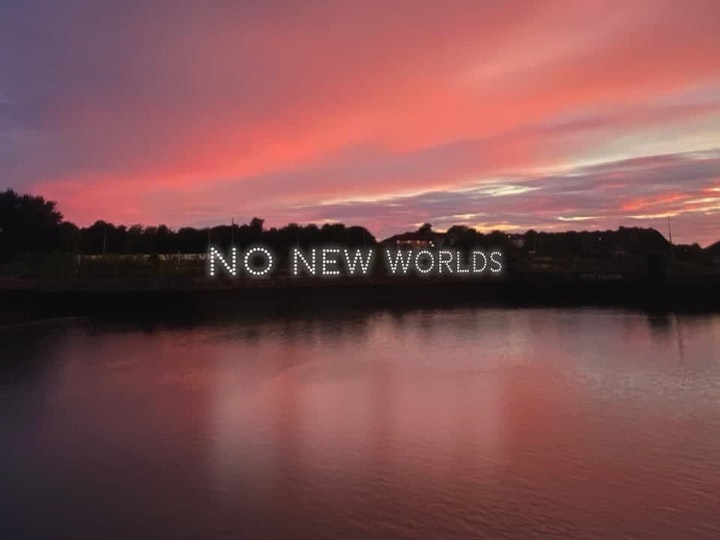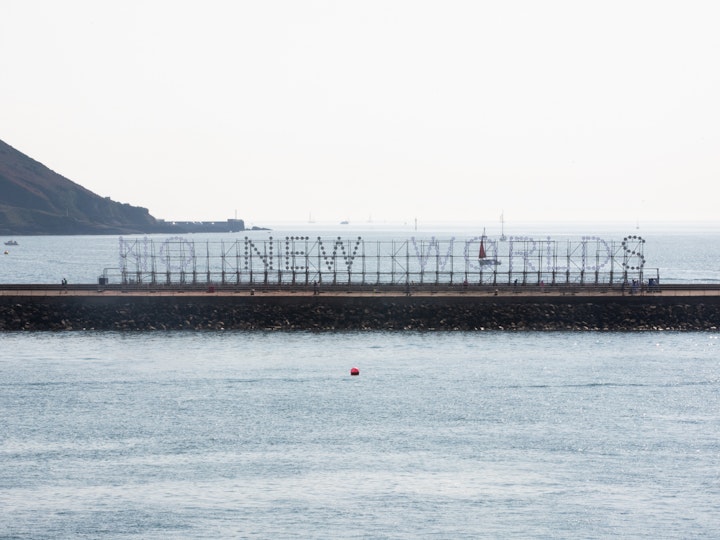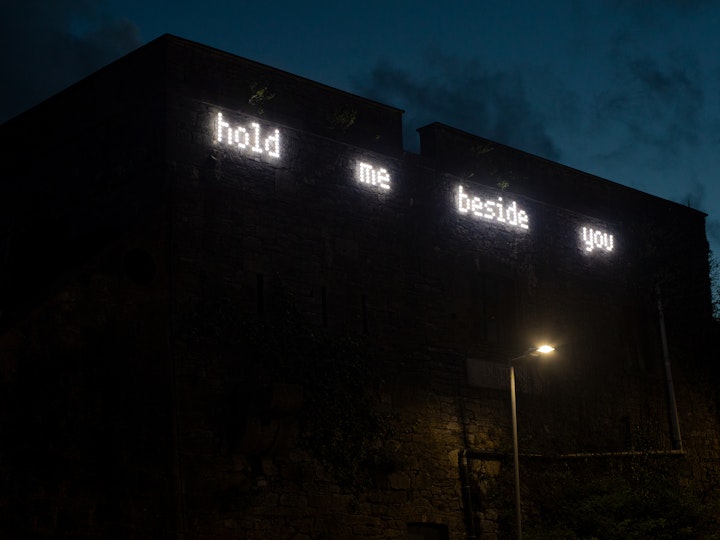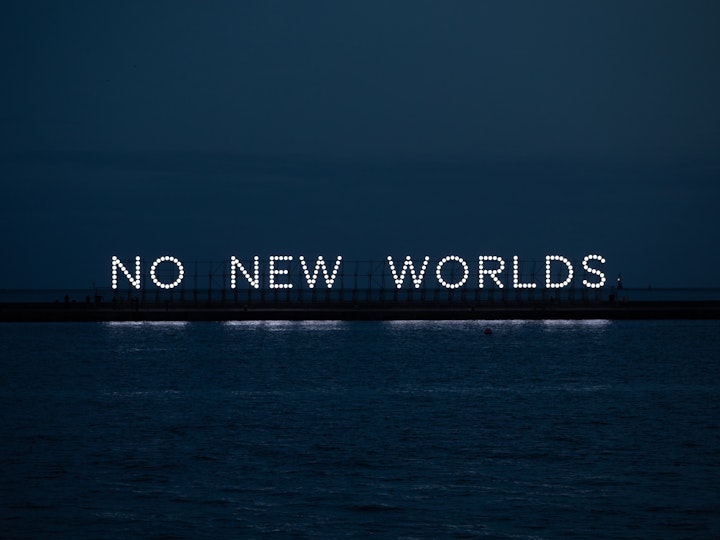Please join us for the preview of Still Moving's ‘In-tuition’, an exhibition of new work inspired by the Commons around Great Torrington.
The exhibition features sculptures, films, works on paper and found objects brought together to embrace magic as a space of intuition, connection and possibility. The title, ‘In-tuition’, describes the artists’ desire to learn, using sensitivity to nature and openness to the way that it might speak through us.
Preview: Tue 04 Apr 2023, 6:00pm
Exhibition: Tue 04 Apr 2023 - Sat 06 May 2023
The Plough Arts Center, Great Torrington, EX38 8HQ
Still Moving is an artists’ collective set up by Laura Hopes, Léonie Hampton and Martin Hampton
About the Exhibition
England is a land that has been subject to ‘capitalist sorcery’ for over 500 years; a psychic and bodily rift between people and the land resulting from the history of the Enclosures, the destruction of the Commons and the persecution of the Witches.
Great Torrington’s own history of the Commons dramatically inverts this story. An ‘area of waste called the Common’, was given to the people of Torrington in 1194. This was formalised in 1889, when the Common’s Act was presented in Parliament in ‘An Act for vesting Great Torrington in a body of Conservators’. These 365 acres of common land remain vehemently defended and remain central to the traditions and defiant identity of the town and community. The free access to the land they represent is vital to nurturing dignity, sovereignty and a magical, intuitive connection to nature.
Still Moving’s practice aims to explore these psychic and manmade boundaries, unearthing ancient and modern ways of being in the world, mysterious, open and interconnected. By paying attention to the material and spiritual aspects of land, we stand to learn from the reciprocal relationship between people, nature and commons.
Film Screening and Preview event
4th April 2023
To coincide with the opening of In-tuition, the Plough Cinema will present a free series of films made by the artists collective Still Moving. Running on loop throughout the evening of Tuesday 4th April, the cinema will be open for ‘drop in’ viewings. The preview will involve a Q and A at 7pm-7.30pm where Still Moving will be joined by some of their recent collaborators. This includes Dance Lab Collective (represented by Kerry Chappell and Pam Woods, both of University of Exeter) who will offer a short movement insight into the Kinasphere film-making process to open discussion.
The films
Kinasphere - Three dancers move between three choreographed worlds, scientific, urban and rural. There, changing environmental vernaculars entangle with the human body reminding us that we are in relation to the worlds around us and together become active agents of movement and change. Made in Collaboration with Kerry Chapell, Lizzie Swinford and Pam Woods. Funded by The Eramus+programme of the European Union (3min)
Continuous and all around us - A filmic collage of sound and image questions the ecological and sonic impact of housing developments in Pinhoe on the fridges of expanding Exeter. Made in Response to the practice of Sound artist Emma Welton. Filmed as part of Clyst Valley Regional Park's Routes for Roots project funded by the National Lottery Heritage Fund.(6.54min)
Zenae - The film takes its cue from ancient literature on matriarchal migration into Britain, reflects upon our ecological inheritance, and draws out a series of clues found in Greek, Roman, and medieval texts, including a late medieval poem about Syrian sisters’ flight to the then unoccupied islands of Britain. The film contemplates the stories of suppressed female worlds, and asks us to consider what their presence might offer our future. Made by Islands of Women Collective (Rose Gibbs, Alice Albinia and Léonie Hampton) Music by Full of Noises. Funded by Arts Council England (16min)
Our Body is a Planet - A short film that challenges the way we think of ourselves as individual genetically prescribed entities, independent from our surroundings. Without fungi and bacteria our bodies and biosphere would not exist; we are in partnership with the microbial world. Music by Meredith Monk, made in collaboration with the MRC centre for Medical Mycology. Funded by Arts and Culture University of Exeter and Wellcome Trust. (11.09min)
Worlding - The film explores how we might enter into a different relationship with land, nature and place in order to address the climate crisis that confronts us all. Funded by Take A Part, National Lottery Heritage Fund (10.38min)
Lacuna - The Colour of Distance - The orb travels a landscape, distancing its occupant by insulating them from sound, heat, wind, while at the same time utterly controlling them. Commissioned by OSR Projects for The Weather Station II (4.55min)
Traum - The camera enters the derelict landscape of the Lee Valley, London, UK, the site of the 2012 Olympics. Cut to a complex score by Isambard Khroustaliov the film proposes a way of looking through the surface of banal things to find new and surprising territories (16min)
(Total screen time 70 min)
At other times these films are available through our website www.stillmoving.org/projects
Still Moving live research space
4th April- 21st April 2023
Still Moving will create a live research space connected to the exhibition In-tuition which will reflect our conversations and encounters in and around Torrington. Please feel welcome to interact with the objects and let us know if you have suggestions or additional offerings.
















